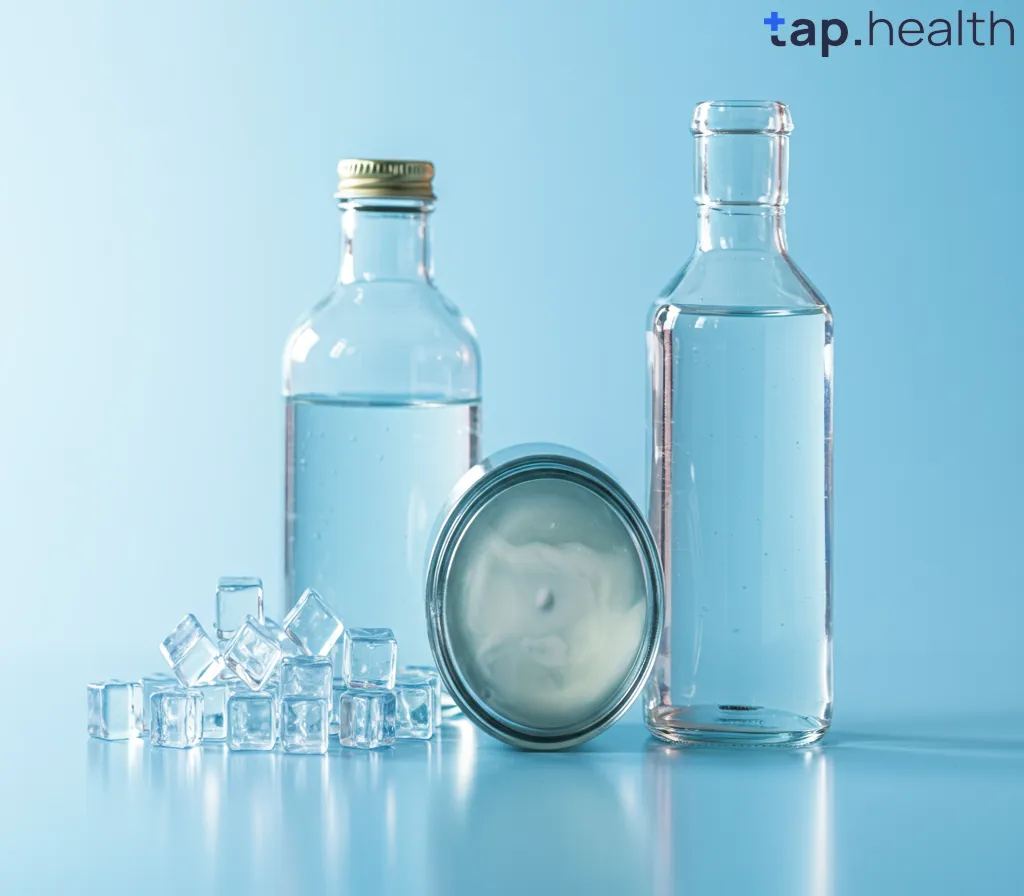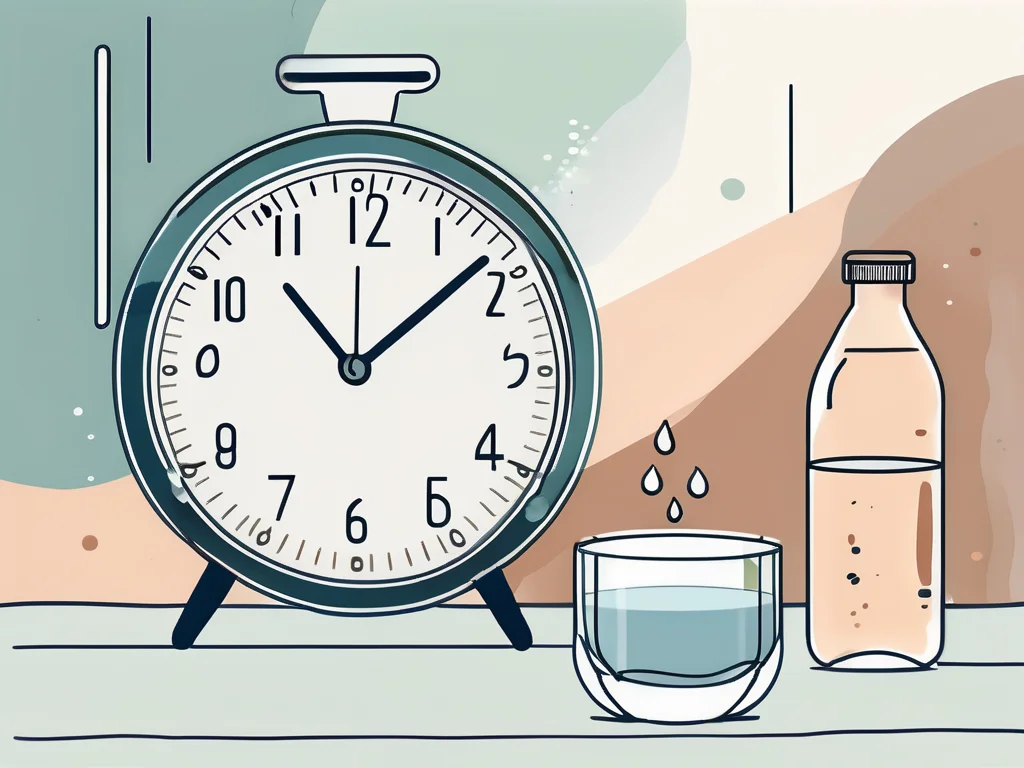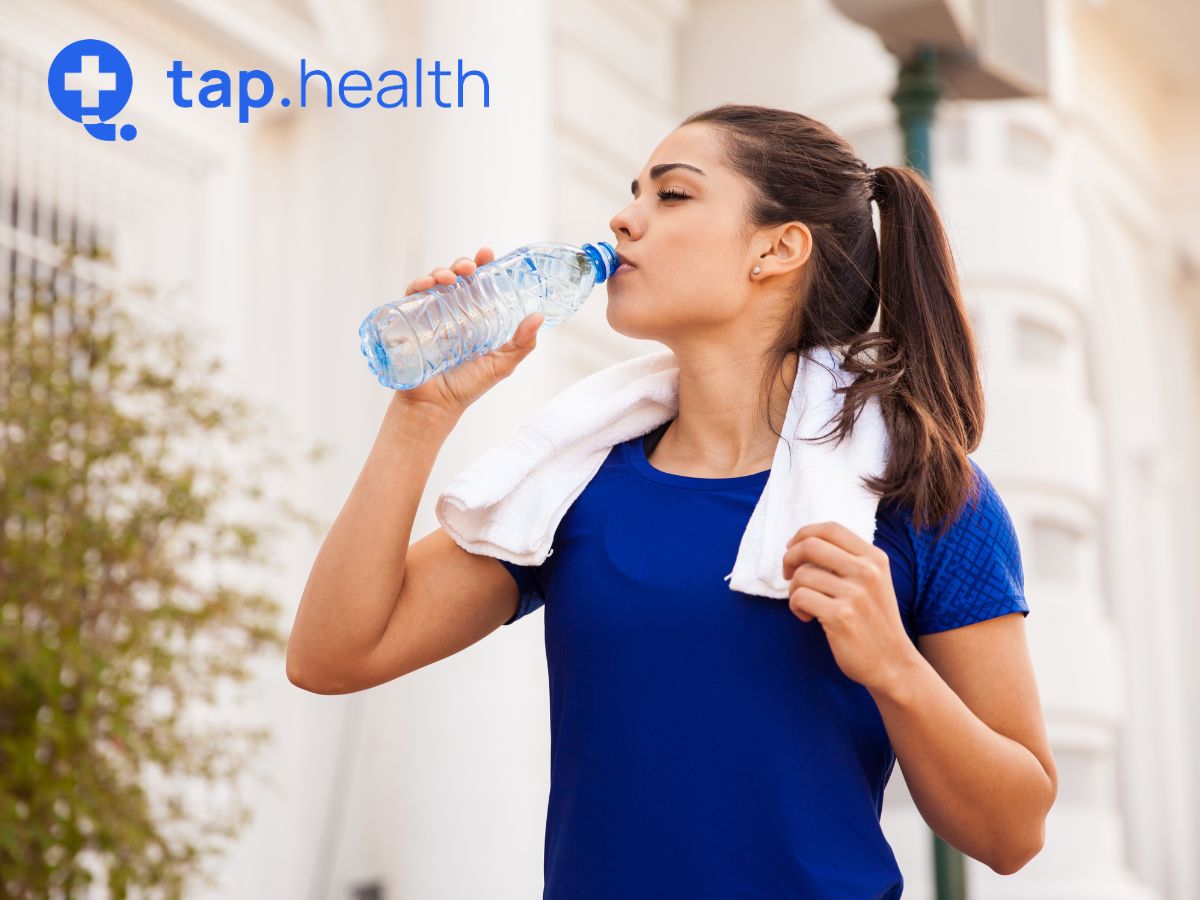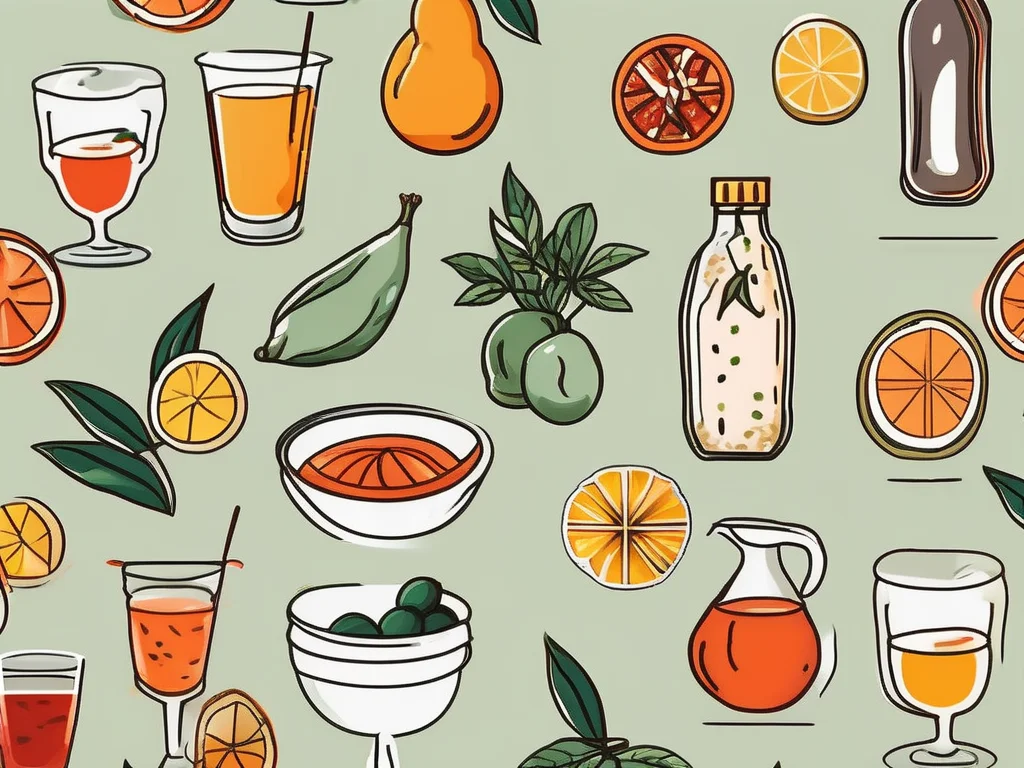Water is essential for life. But can it also help manage blood sugar levels? Many people, especially those with diabetes or high blood sugar, often wonder: does drinking water lower blood sugar? The answer is not just a simple “yes” or “no.” It depends on many factors like how hydrated you are, your diet, lifestyle, medications, and overall health.
In this blog post, we’ll dive deep into the connection between drinking water and blood sugar. You’ll learn what science says, how water affects glucose levels, when to drink it, how much to drink, and why hydration is crucial—especially if you’re diabetic or pre-diabetic.
What Happens to Blood Sugar in the Body?
Before we talk about water, let’s understand how blood sugar works.
- Blood sugar (glucose) is the main source of energy for your body.
- When you eat, carbohydrates break down into sugar.
- Insulin (a hormone from the pancreas) helps move sugar from your blood into your cells.
- If insulin doesn’t work properly or is low (as in diabetes), sugar builds up in your blood.
This leads to high blood sugar (hyperglycemia), which can be dangerous if not controlled.
Can Drinking Water Lower Blood Sugar Levels?
The short answer: Yes, in many cases, water can help lower blood sugar levels—but it’s not a cure.
Water doesn’t contain sugar or carbs, so it doesn’t raise blood sugar. In fact, staying hydrated can help flush out excess glucose through urine.
How it works:
- Hydration improves kidney function: When you drink enough water, your kidneys can remove extra sugar from your blood through urine.
- Dilutes blood sugar: Drinking water can lower the concentration of sugar in your bloodstream.
- Improves insulin response: Dehydration may cause insulin resistance, and staying hydrated helps insulin work better.
- Reduces risk of hyperglycemia: Especially when combined with other healthy habits like diet and exercise.
How Much Water Should You Drink to Help Blood Sugar?
There’s no magic number, but general guidelines suggest:
- Men: About 3.7 liters (15.5 cups) of fluids per day
- Women: About 2.7 liters (11.5 cups) of fluids per day
(Source: National Academies of Sciences, Engineering, and Medicine)
But this includes fluids from food too. Aim for 8 to 10 glasses (2 to 2.5 liters) of plain water per day unless your doctor says otherwise.
💡 Pro Tip: Drink small amounts throughout the day. Don’t chug a liter at once—it won’t help.
Does Dehydration Cause High Blood Sugar?
Yes. When you’re dehydrated, the water content in your blood is low. This makes your blood sugar more concentrated, raising glucose levels.
Also:
- Dehydration triggers stress hormones like cortisol, which increase blood sugar.
- Chronic dehydration can lead to insulin resistance.
So staying hydrated is one simple way to support healthy blood sugar.
Is Water Good for People with Diabetes?
Absolutely. Water is the best drink for diabetics.
Here’s why:
- No carbs or sugar: Unlike juices or sodas.
- Supports kidney health: Diabetics are at risk for kidney problems.
- Helps flush out toxins: Including extra sugar.
- May reduce sugar cravings: Thirst is often confused with hunger or sugar cravings.
Always choose water over sugary drinks, energy drinks, or fruit juices if you’re managing diabetes.
When Should You Drink Water to Help Control Blood Sugar?
Timing your water intake can make a difference:
Best times to drink water:
- Morning: Start your day with a glass of water to hydrate after sleeping.
- Before meals: Helps digestion and may prevent overeating.
- After meals: Can aid in glucose metabolism.
- Before and after exercise: Prevents dehydration and helps maintain glucose balance.
- When feeling thirsty or fatigued: Could be signs of high blood sugar.
What Kind of Water is Best for Blood Sugar?
Plain, filtered drinking water is best.
Avoid:
- Flavored waters (unless unsweetened)
- Vitamin water (often has hidden sugar)
- Carbonated sodas (even if labeled as “diet”)
💧 Tip: Add a slice of lemon or cucumber if you don’t like the taste of plain water.
Does Drinking Water Immediately Lower Blood Sugar After a Meal?
Not instantly, but it can help over time.
Drinking water after a meal:
- Aids digestion
- Helps kidneys flush out glucose
- Supports insulin function
But it won’t magically lower your sugar levels right after a high-carb meal. For better post-meal blood sugar, combine water with:
- A balanced meal (low GI foods)
- A short walk (10–15 minutes)
- Stress reduction
Does Warm or Hot Water Help Lower Blood Sugar Faster?
There’s no strong scientific proof that hot water works better than cold. But some studies suggest:
- Warm water may help with digestion and metabolism
- May feel more soothing, especially in the morning
Still, the temperature doesn’t matter as much as hydration itself.
Can Too Much Water Be Harmful for Blood Sugar?
Yes. While water is good, too much water can lead to problems like:
- Water intoxication (rare but possible)
- Low sodium levels (hyponatremia)
- May dilute important nutrients if overdone
If you have kidney issues or heart conditions, always follow your doctor’s advice on fluid intake.
Other Benefits of Drinking Water for People with High Blood Sugar
- Helps with weight loss: Drinking water before meals may reduce calorie intake.
- Prevents constipation: Common in diabetics.
- Improves energy levels: Dehydration can cause fatigue.
- Reduces sugar cravings: Staying hydrated may help control appetite.
What Other Drinks Help Control Blood Sugar?
While water is #1, a few others can help too (without added sugar):
- Herbal teas: Like cinnamon, ginger, or chamomile.
- Unsweetened green tea: May improve insulin sensitivity.
- Buttermilk or lemon water: In moderation.
Avoid sugary drinks, sweetened smoothies, and energy drinks.
What Does Research Say About Water and Blood Sugar?
Several studies support the idea:
- A 2011 French study found that people who drank more water had lower risk of developing high blood sugar and type 2 diabetes.
- Another study showed that dehydration raises the hormone vasopressin, which increases blood sugar.
Still, water alone isn’t a solution. It’s one piece of the blood sugar puzzle.
Who Should Be Careful with Water Intake?
People with:
- Kidney disease
- Heart failure
- Liver issues
- On fluid restrictions from doctors
Also, those taking diuretics or certain blood pressure meds should talk to a healthcare provider before increasing water intake.
Can Drinking Water Replace Diabetes Medication?
No. Water helps, but it’s not a replacement for:
- Insulin
- Oral diabetes meds
- Diet and exercise
- Regular blood sugar monitoring
Think of water as a supportive tool, not a cure.
What Are Signs You’re Not Drinking Enough Water?
Watch out for:
- Dry mouth
- Dark yellow urine
- Dizziness or headaches
- Feeling tired
- Cravings for sugar or salty foods
- Poor concentration
If you have high blood sugar, dehydration makes it worse.
Simple Tips to Drink More Water Every Day
- Carry a reusable water bottle
- Set reminders on your phone
- Use apps to track water intake
- Add fruit slices or herbs for flavor
- Drink a glass before every meal
Conclusion: So, Does Drinking Water Lower Blood Sugar?
Yes, drinking water can help lower blood sugar by supporting your kidneys, insulin function, and overall metabolism. It doesn’t replace medication, but it’s a powerful, natural habit to improve glucose control.
Whether you have type 2 diabetes, prediabetes, or simply want to stay healthy—drinking enough water daily is one of the easiest ways to help your body regulate sugar.
Stay hydrated. Stay healthy.
FAQs on “Does Drinking Water Lower Blood Sugar?”
1. Can drinking water reduce high blood sugar immediately?
Not immediately, but it helps your body flush out extra sugar over time.
2. How much water should I drink per day for blood sugar control?
Aim for 8–10 cups a day, but it may vary based on your age, health, and activity level.
3. Is warm water better than cold water for lowering sugar?
There’s no solid proof that warm is better, but warm water may aid digestion.
4. Can water lower blood sugar without medicine?
Water helps manage sugar levels, but it doesn’t replace medications or a healthy lifestyle.
5. Does dehydration raise blood sugar levels?
Yes. When you’re dehydrated, your blood sugar becomes more concentrated.
6. Can I drink water after meals to control blood sugar?
Yes. It helps with digestion and may reduce blood sugar spikes.
7. What type of water is best—tap, filtered, or bottled?
Filtered water is best. Avoid sweetened or flavored water with added sugars.
8. Does drinking water at night help blood sugar levels?
Drinking a small glass before bed may help, but don’t overdo it to avoid sleep disruption.
9. Can water help prevent diabetes?
Yes. Staying hydrated supports kidney function and may reduce the risk of type 2 diabetes.
10. Is lemon water good for blood sugar?
Yes, lemon water (unsweetened) is hydrating and may support blood sugar management.



